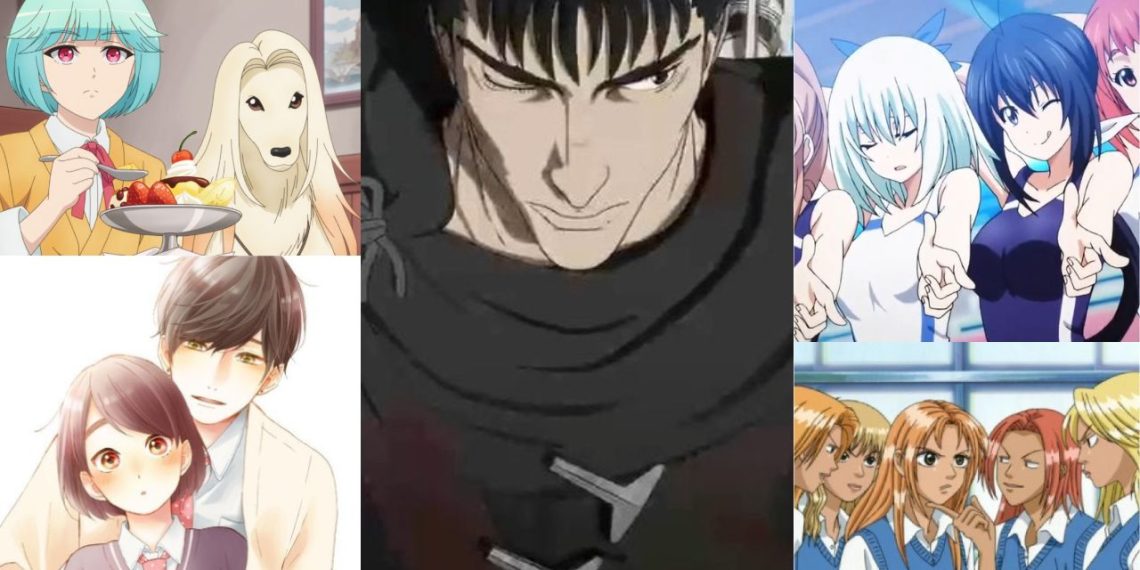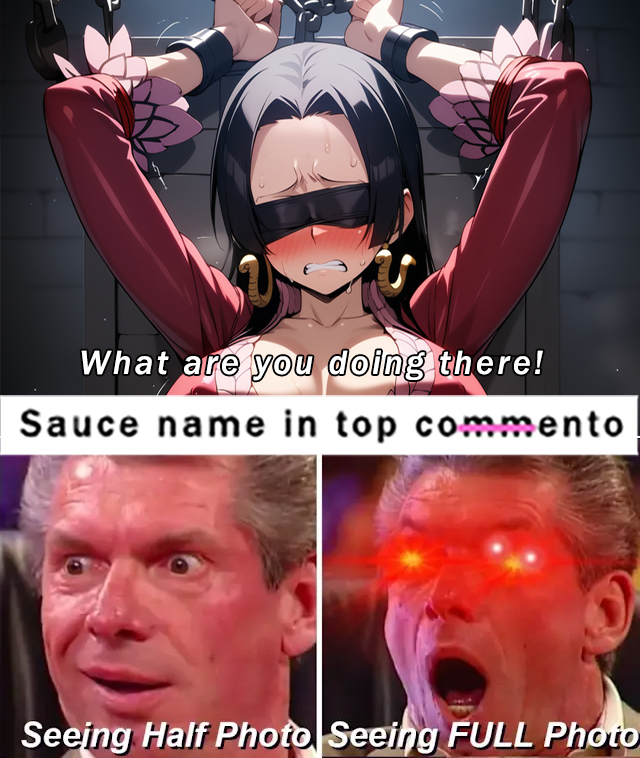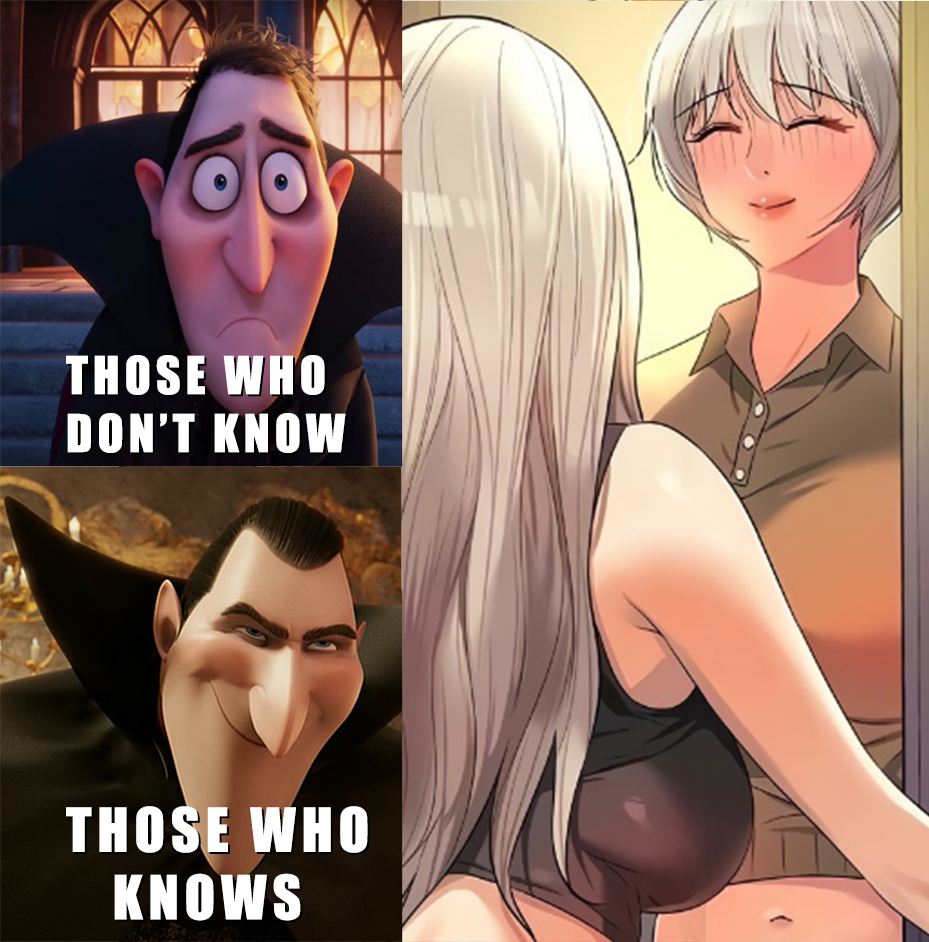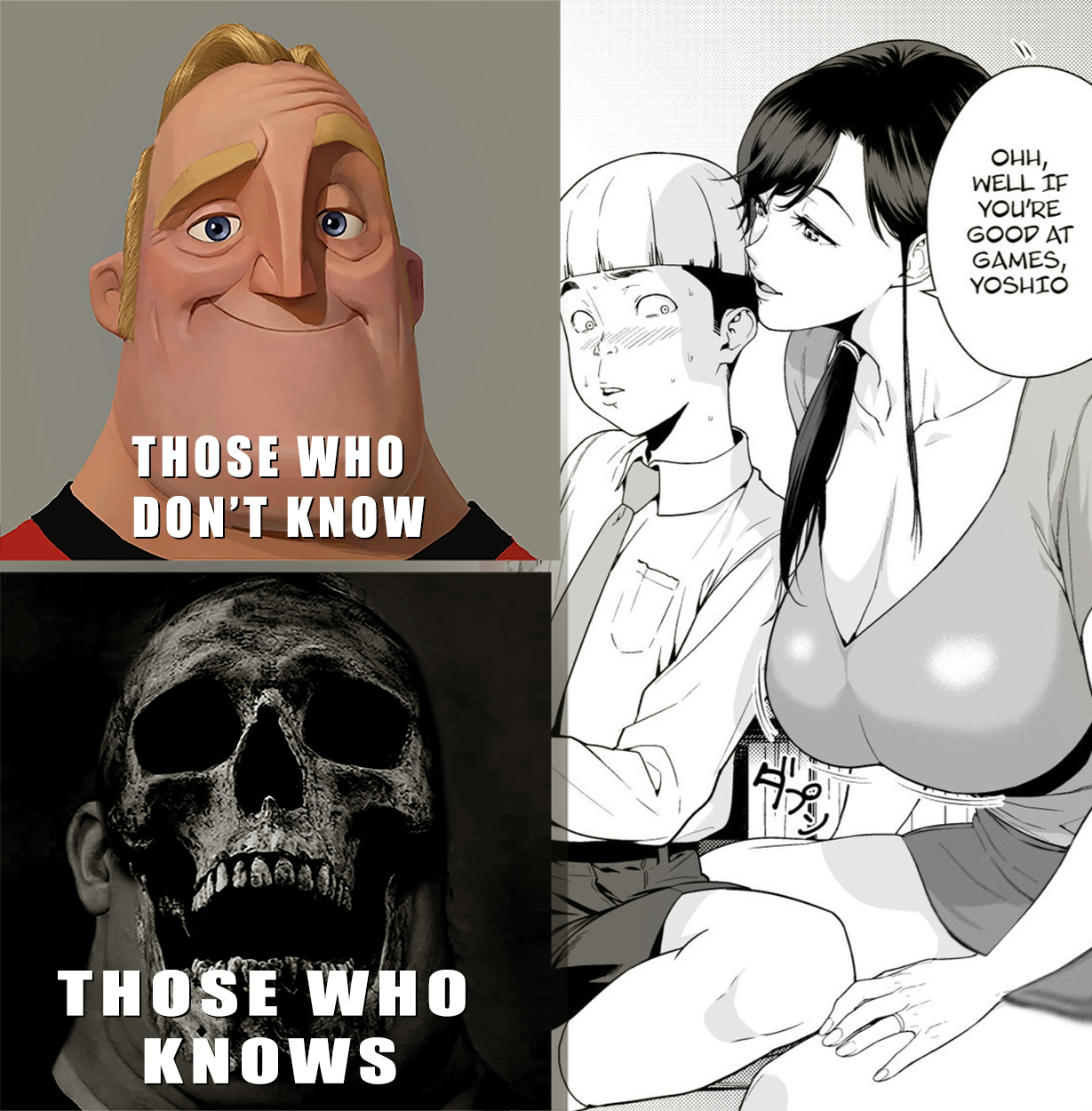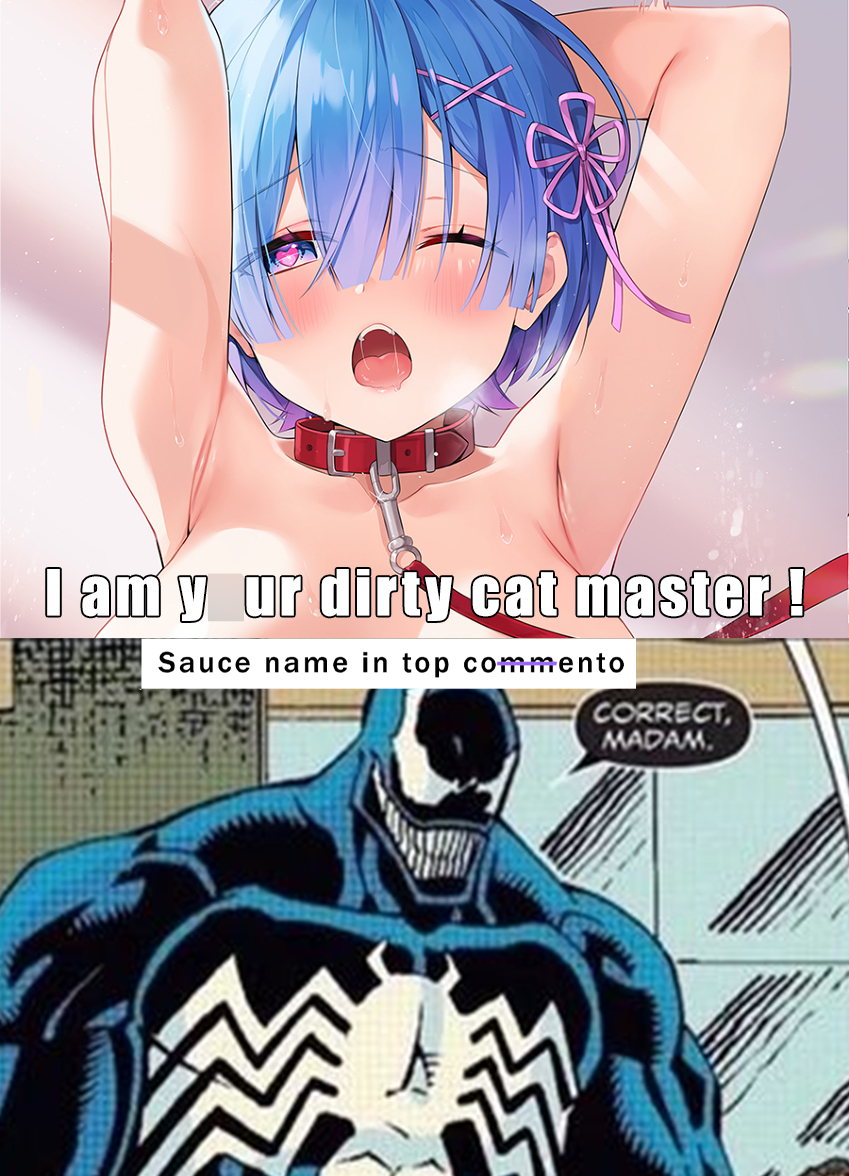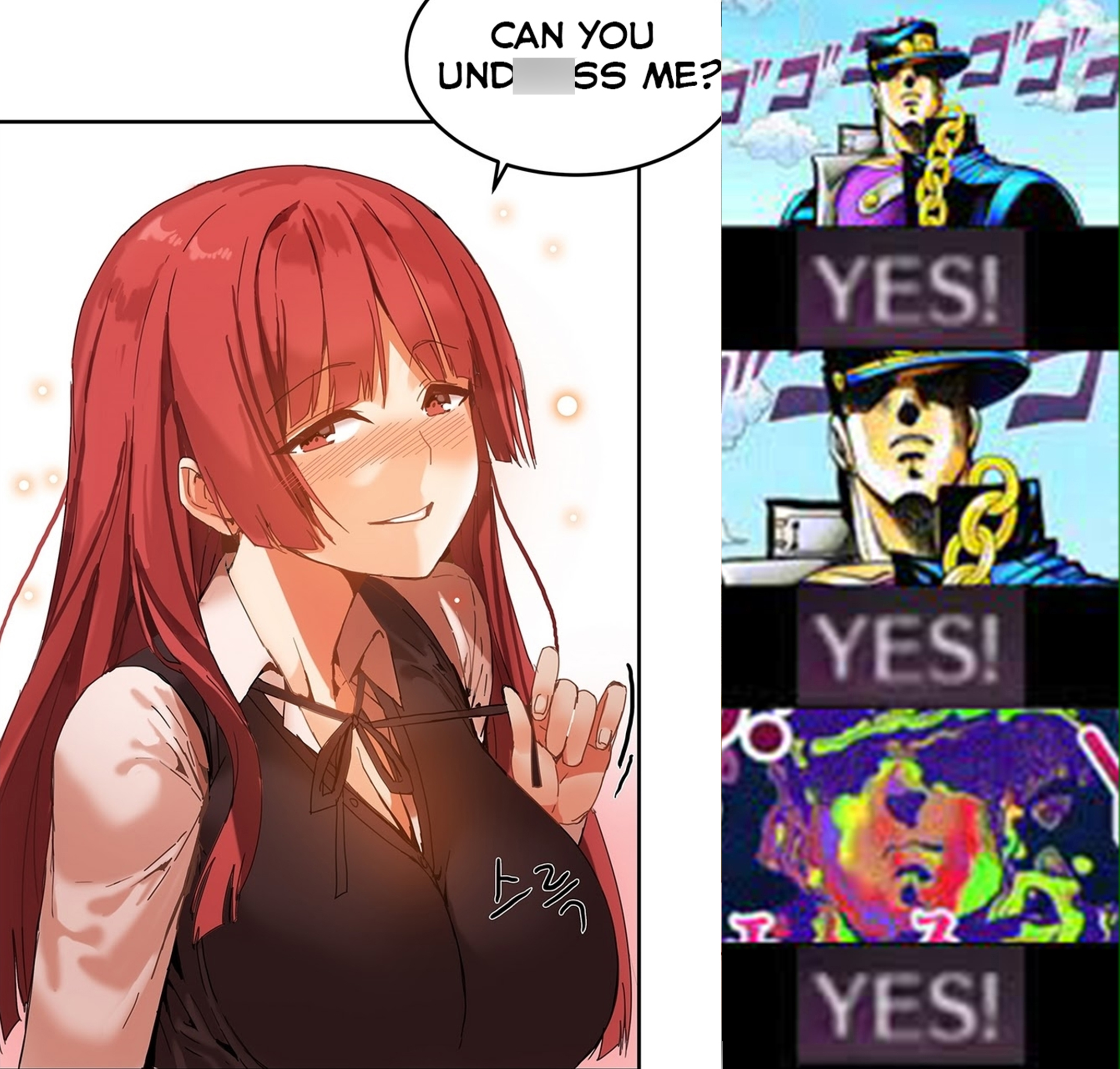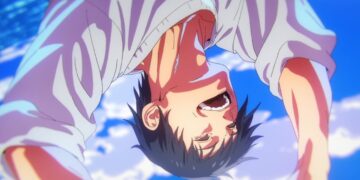Anime is enjoying unprecedented popularity, with numerous series becoming huge hits. However, not all anime achieve fan approval, and some end up being widely disliked, earning very low ratings on platforms like MyAnimeList or IMDb.
These titles often become notorious and recognized as some of the worst in their genres. Despite the success of anime, the medium has produced its share of disappointments over the years.
Various factors can contribute to an anime being poorly received, such as subpar production quality or controversial storylines. These significant flaws make it easy for audiences to dismiss them as terrible.
Yet, many of these poorly rated anime are overly criticized. While they certainly have their issues and may not reach the heights of more popular series, they often contain redeeming qualities that are overlooked.
These anime, despite their imperfections, might actually deserve a second look from critics and fans alike.
1) Boruto (2017)
Boruto, as a next-generation sequel to Naruto, initially sparked excitement among fans eager for more from the fans.
However, the series has struggled to maintain the same level of enthusiasm it initially garnered. Many fans feel let down by the changes in characters, storyline, and atmosphere compared to the original Naruto series.
Criticism often centers around the perceived decline in character likability and depth, which makes Boruto a challenging watch for some.
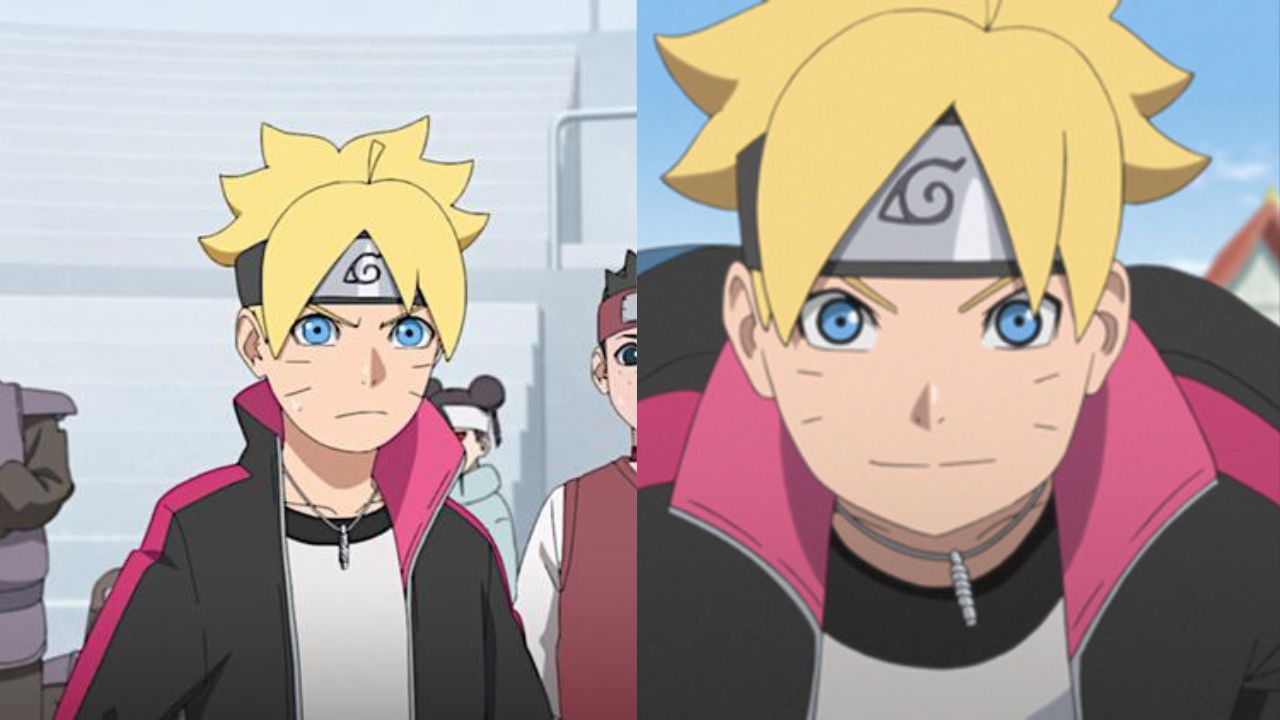
Despite its shortcomings, Boruto has faced an uphill battle in earning acceptance on its own merits. Some argue that the constant comparison to Naruto has overshadowed the new series’ strengths, such as its world-building and character growth.
These aspects, often overlooked by critics, contribute positively to Boruto’s story, suggesting that the series has more to offer beyond its ties to its predecessor.
2) Angels of Death A Psychological Horror Series (2018)
Angels of Death, adapted from the video game, is a psychological horror anime that follows Rachel, a girl trapped in a bizarre building with no apparent escape.
Unlike most people in her predicament, Rachel longs for death and makes a pact with a serial killer to achieve her goal.
The series chronicles their perilous journey through each floor of the building, facing various nightmarish threats as they seek a way out.
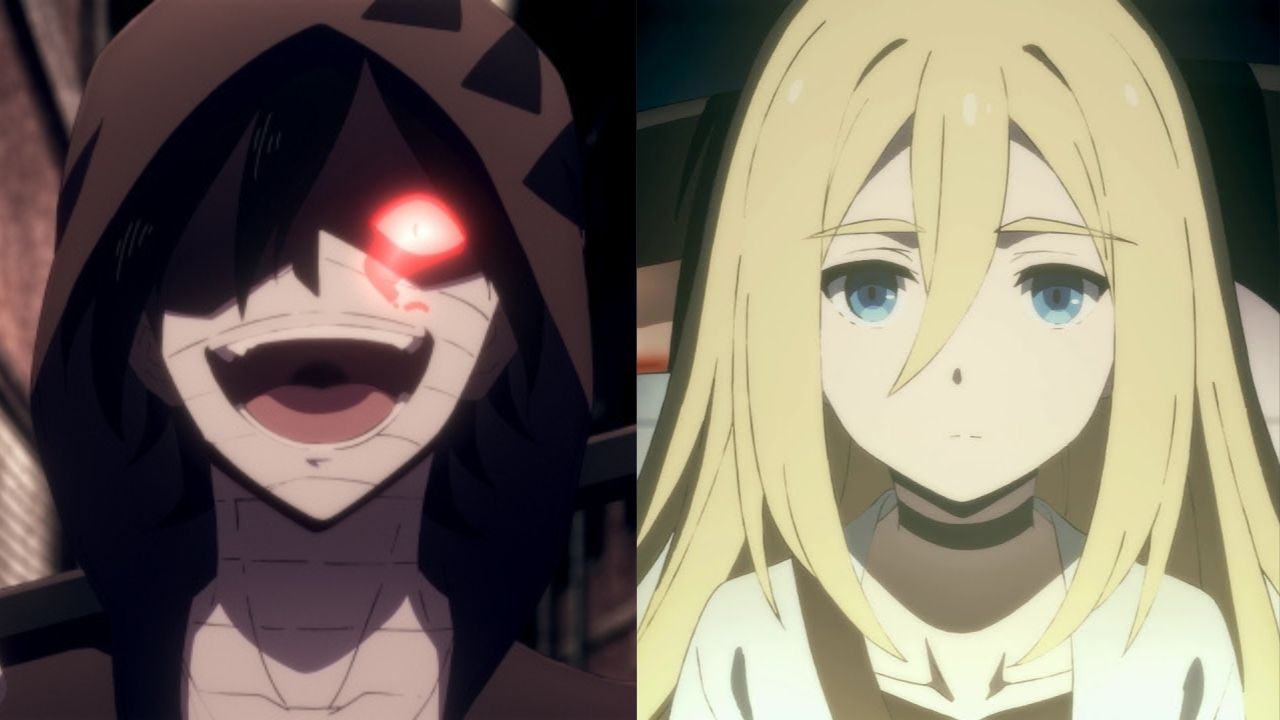
Despite its intriguing premise, Angels of Death has faced significant criticism for its execution. Many viewers feel that the story is rushed and lacks depth, leading to a sense of dissatisfaction.
The pacing issues and occasional confusion detract from the experience, making it less impactful than it could be.
However, Angels of Death is not without its merits. The series offers a compelling psychological twist and explores the darker aspects of the human mind.
Fans of the genre may find the intricate dynamics between Rachel and her murderous companion fascinating, making it a worthwhile watch despite its flaws.
3) School Days (2007)
School Days stirred controversy with its shocking scenes of violence, betrayal, and infidelity, earning a reputation as one of anime’s most disliked series.
The protagonist’s mistreatment of his love interests and the ensuing tragic events left many viewers appalled, which was precisely the intended effect.
Despite its initial appearance as a typical slice-of-life romance, School Days delves deep into psychological horror, aiming to disturb and unsettle its audience with its grim story.
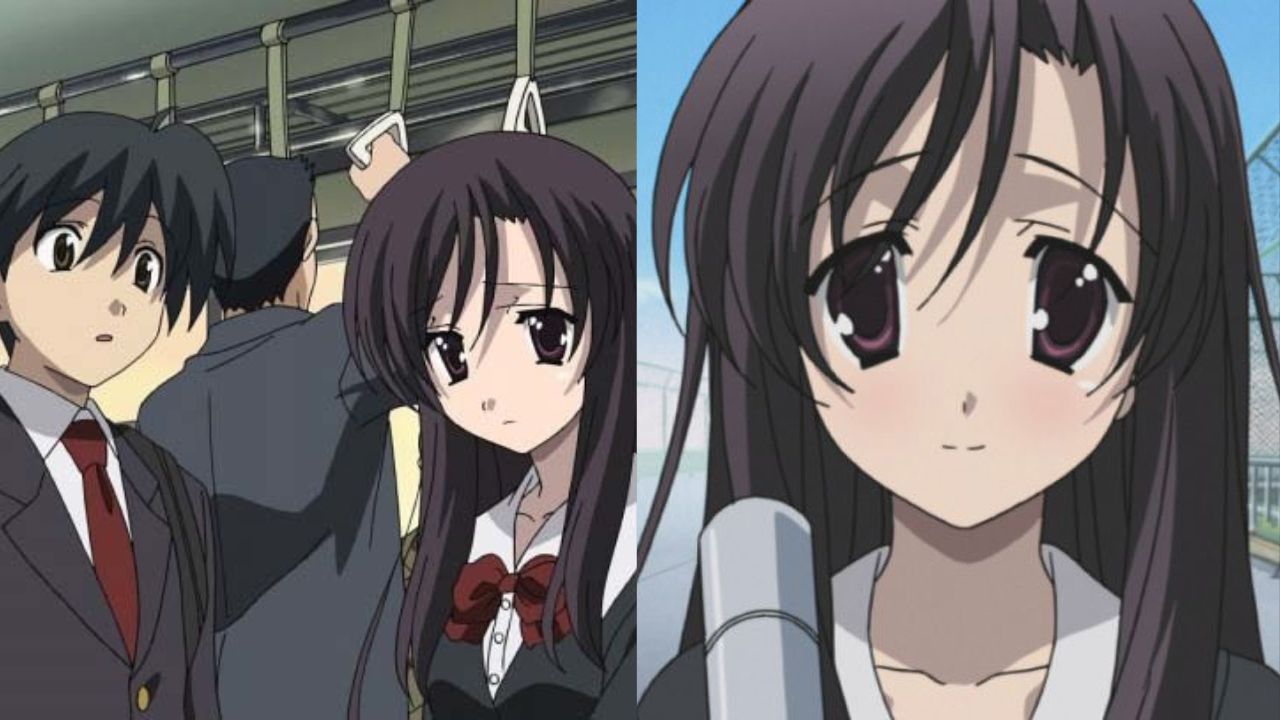
While not everyone appreciates its approach, School Days has found a niche audience who appreciate its unflinching portrayal of dark themes.
Over time, some critics have reconsidered their negative views, recognizing the series for its deliberate, albeit unsettling, storytelling that succeeds in evoking strong emotional reactions from viewers.
4) Watamote Tackles Social Anxiety with Humor (2013)
Watamote stands out among anime series that address social anxiety by presenting it through a comedic lens.
The story centers on Tomoko Kuroki, an extremely awkward girl whose severe social anxiety hampers her ability to interact with others.
While her struggles and yearning for acceptance are relatable, the show’s humorous approach to her anxiety has sparked debate.
Some viewers find the comedy in Tomoko’s plight inappropriate, even though the series’ humor is undeniably entertaining.
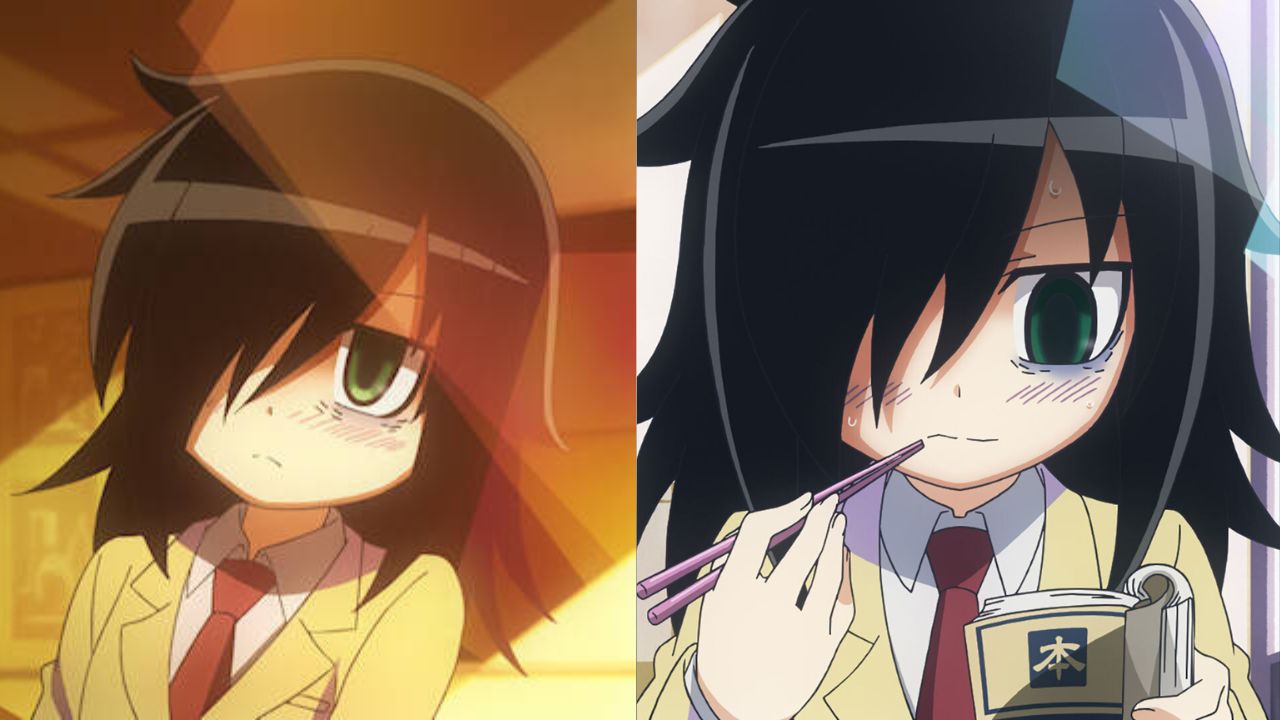
Despite its controversial handling of social anxiety, Watamote isn’t as bad as critics suggest. The cringe-worthy moments are intentional, aiming to immerse the audience in Tomoko’s uncomfortable experiences.
By making viewers feel her awkwardness, the show effectively conveys the challenges of living with social anxiety, even if it does so through humor.
Watamote may be difficult to watch at times, but it offers a unique perspective on social anxiety.
The series’ blend of humor and discomfort invites viewers to empathize with Tomoko’s daily struggles, making it a thought-provoking and, at times, entertaining exploration of a serious issue.
5) Dragon Ball GT (1996)
Dragon Ball GT faced widespread criticism as a follow-up to Dragon Ball Z, unable to meet the high expectations set by its predecessor.
The series deviated significantly from canon, which disappointed many fans expecting a continuation of the established storyline. Despite these setbacks, GT has its merits and shouldn’t be dismissed as a complete failure.
While it lacks the same intensity and continuity as DBZ, Dragon Ball GT offers an entertaining storyline with unique twists.
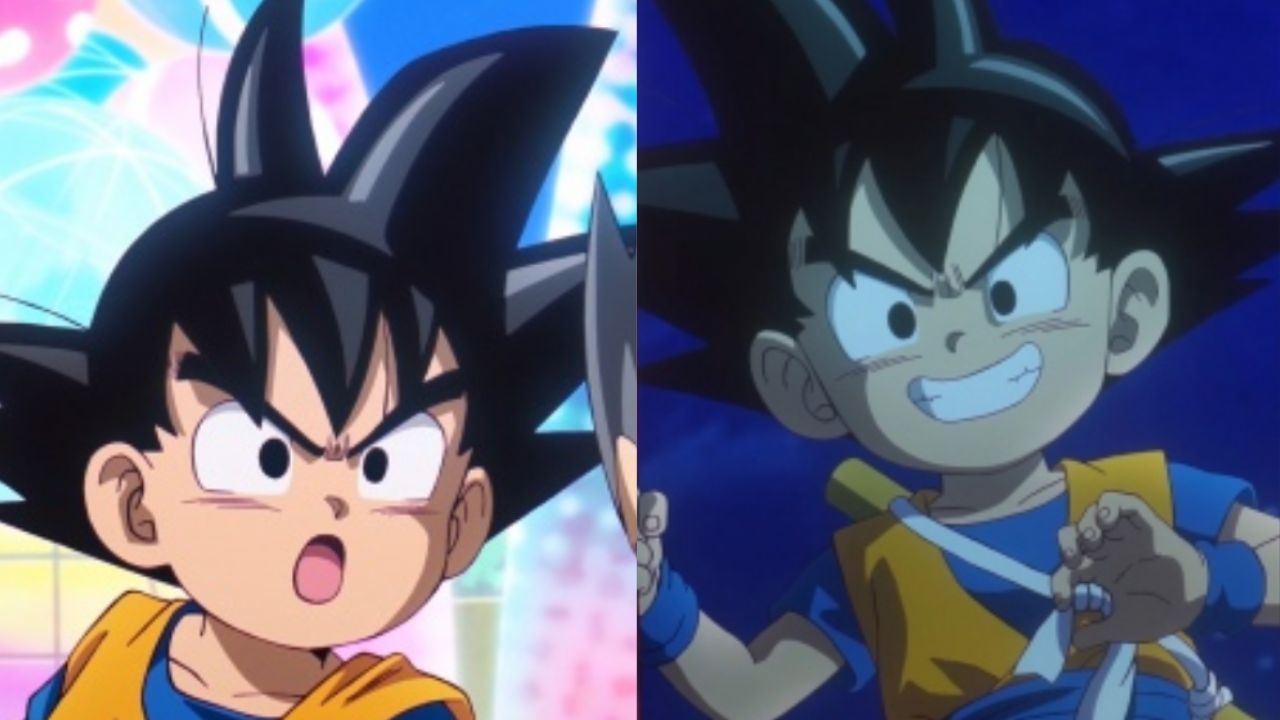
It introduces fresh concepts and revitalizes older characters, making them relevant for future series despite its non-canon status.
Despite its divisive reception, GT contributes to the Dragon Ball legacy by exploring new stories and expanding it in its own distinctive way.
6) Keijo!!!!!!!! (2016)
When Keijo!!!!!!!! was released, it quickly grabbed the attention of the anime community with its unusual and provocative premise.
The series revolves around groups of attractive girls competing in a bizarre sport where the objective is to knock opponents into the water using only their breasts and buttocks.
This concept, heavily reliant on fan service, led many to dismiss the show as crass and indecent. However, despite its unapologetic embrace of fan service, Keijo!!!!!!!! is more than just a provocative spectacle.
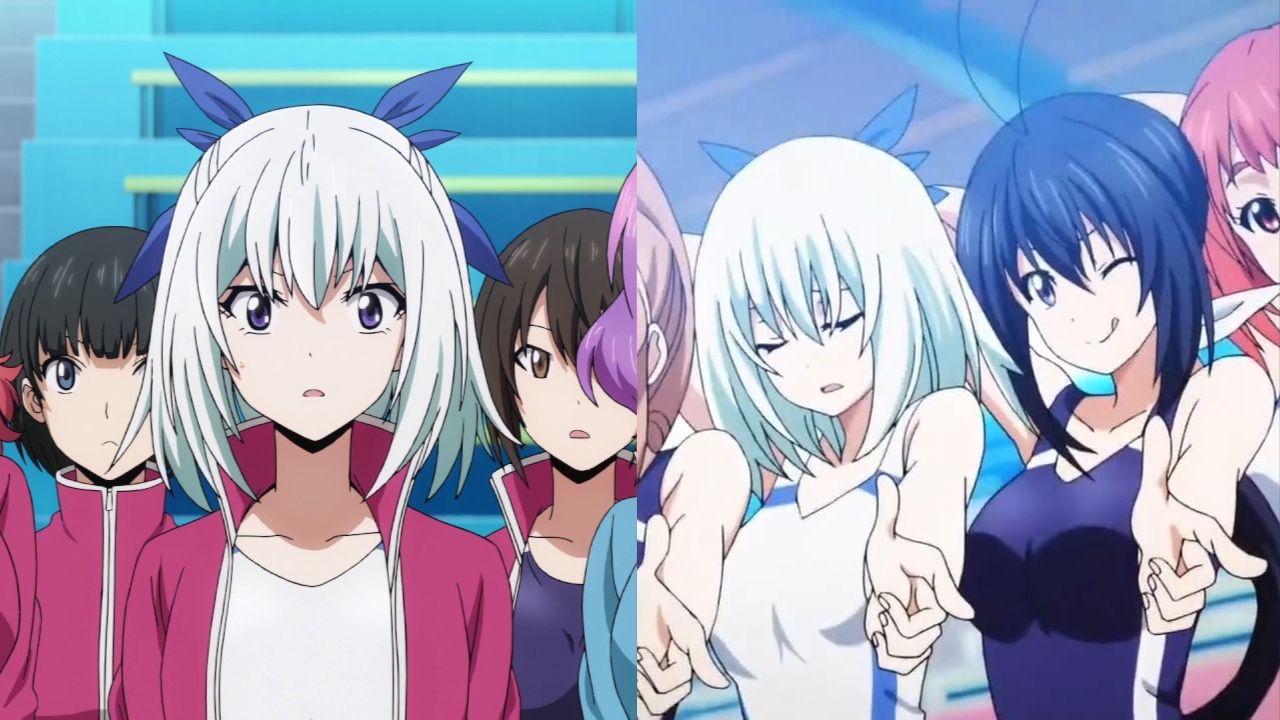
The anime is surprisingly entertaining and brings a fresh, imaginative twist to the sports genre. It features an engaging storyline and a charming cast of characters who grow and strive as athletes, making it an enjoyable watch.
Keijo!!!!!!!! might be judged harshly for its overt fan service, but beneath the surface, it offers a fun and creative story.
The series provides a compelling story and endearing characters, making it a worthy addition to the sports anime lineup that merits a second look from skeptics.
7) Berserk (2016)
Despite the immense popularity of the Berserk series, the 2016 anime adaptation has garnered widespread disdain from fans, and a single glance reveals why.
The most glaring issue plaguing Berserk 2016 is its egregiously poor CGI visuals, which many believe disrespect the original work.
Renowned for its stunning artwork in the manga, the anime’s CGI fails spectacularly to capture the essence and aesthetic that fans adore, making it the most criticized visual interpretation in the series’ history.
The criticism of Berserk 2016 primarily revolves around its visuals, which some find so off-putting that they dismiss the anime outright.
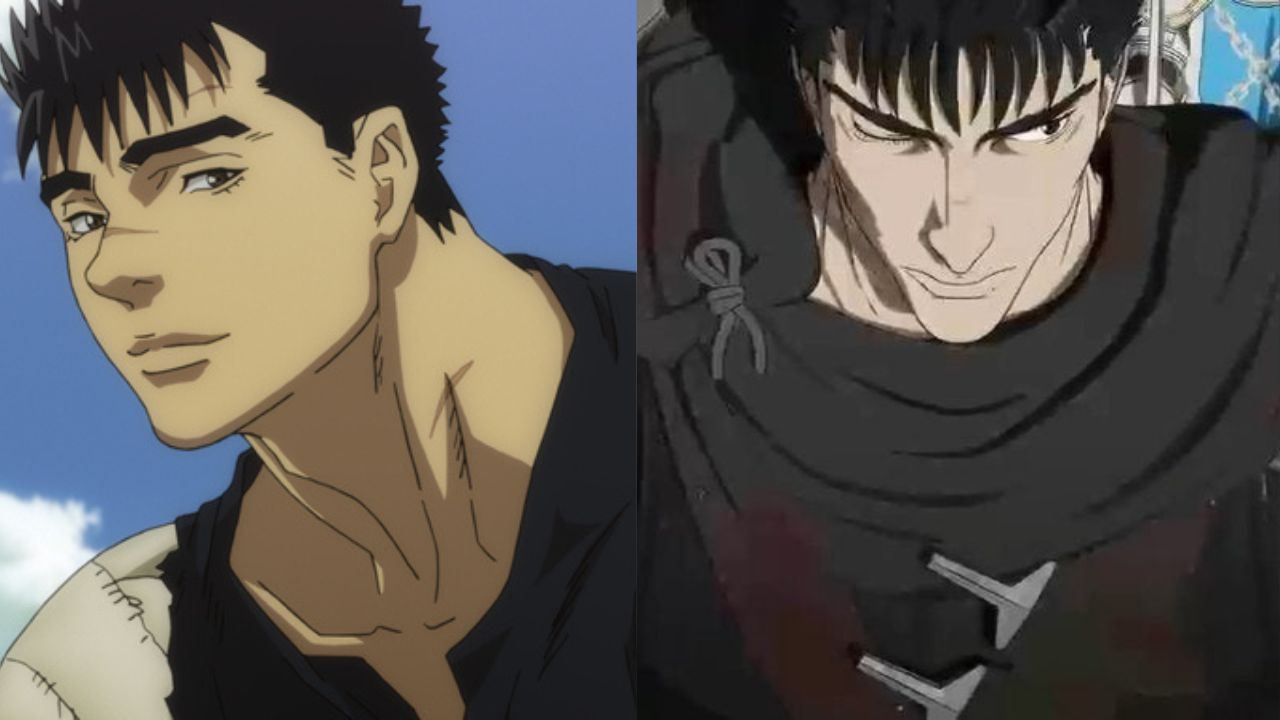
However, beneath the visual shortcomings lies a story that retains its merit. While the ’90s anime adaptation remains iconic, the 2016 version aligns more closely with the original manga, offering a more faithful portrayal of the story and characters.
This fidelity to the source material has earned the 2016 adaptation some appreciation among fans who prioritize story faithfulness over visual execution.
In essence, while the visuals of Berserk 2016 leave much to be desired, the anime does have redeeming qualities for those who can look past its CGI flaws.
Its commitment to following the manga faithfully provides viewers with a story experience that stays truer to the creator’s original vision.
Despite its divisive reception, Berserk 2016 offers a different perspective on the saga that fans of the manga may find worthwhile despite its visual setbacks.
8) Gravitation (2000)
Gravitation holds a significant place in the hearts of longtime BL fans as one of their first exposures to the genre, marking a pivotal entry point into the world of boys’ love anime.
However, nostalgia aside, many fans today cringe at the thought of revisiting this relic from the early days of BL.
The series, once highly popular, now stands criticized for its portrayal of LGBTQ+ relationships, laden with problematic and fetishized tropes that do not align with modern standards.
Despite its flaws, Gravitation remains a pivotal work that shaped the BL genre into what it is today.
It played an important role in introducing audiences to the concept of same-sex romance in anime, laying the groundwork for subsequent series that would explore LGBTQ+ themes with greater sensitivity and depth.
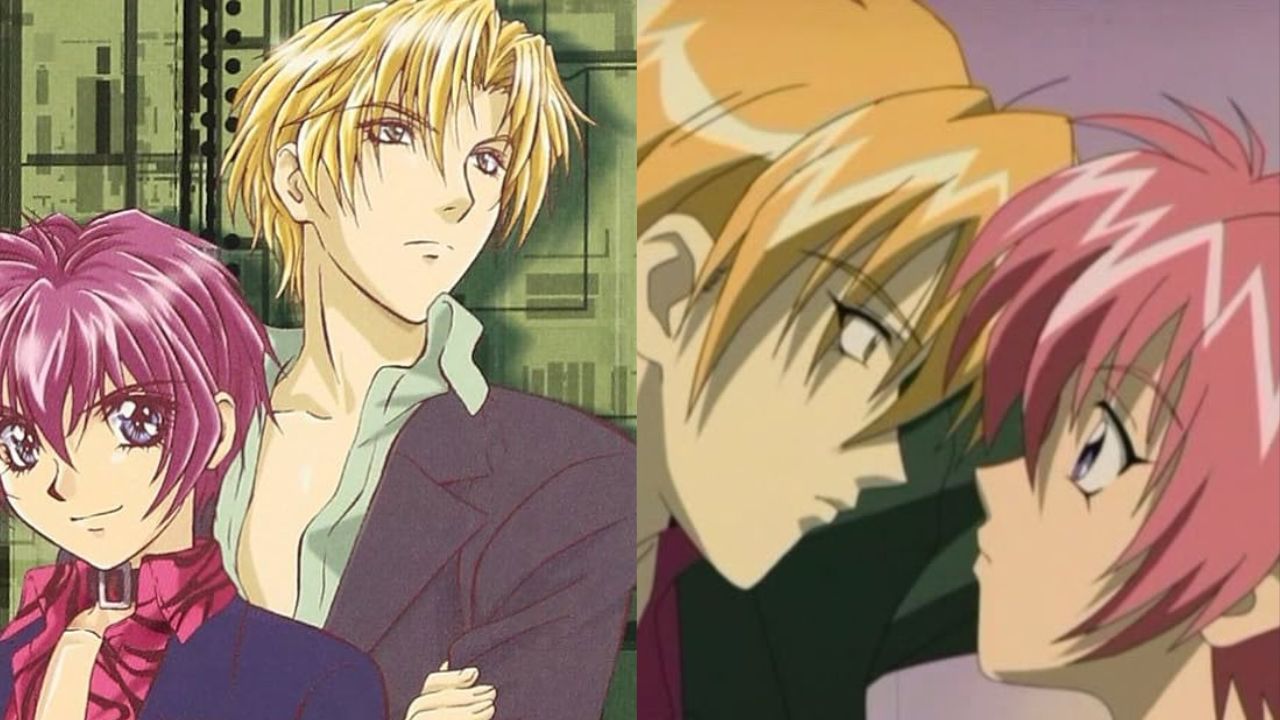
Without the initial popularity and influence of Gravitation, modern BL titles such as Given, Sasaki, and Miyano might not have found the enthusiastic audience they enjoy today.
In essence, while acknowledging the problematic aspects of Gravitation, it is important to recognize its historical significance.
The series sparked conversations and paved the way for more nuanced portrayals of LGBTQ+ relationships in anime.
Its legacy, though complicated, underscores its role in the evolution of the BL genre, leaving an indelible mark on anime and manga aimed at LGBTQ+ audiences.
9) Peach Girl (2005)
Peach Girl has earned a notorious reputation among shojo fans due to its intense and melodramatic storyline filled with deceit, betrayal, and heartbreak.
This 2000s classic is often considered almost too painful to watch by many enthusiasts of the genre. The protagonist, Momo Adachi, faces one emotional blow after another, making the series feel harsh and relentless.
Despite being labeled as one of the worst shojo anime, Peach Girl might not deserve all the negative criticism.
The show is unapologetically dramatic, which can be frustrating, but that’s also what gives it its unique appeal. The relentless drama provides a gripping story that keeps viewers engaged, even if it is emotionally taxing.
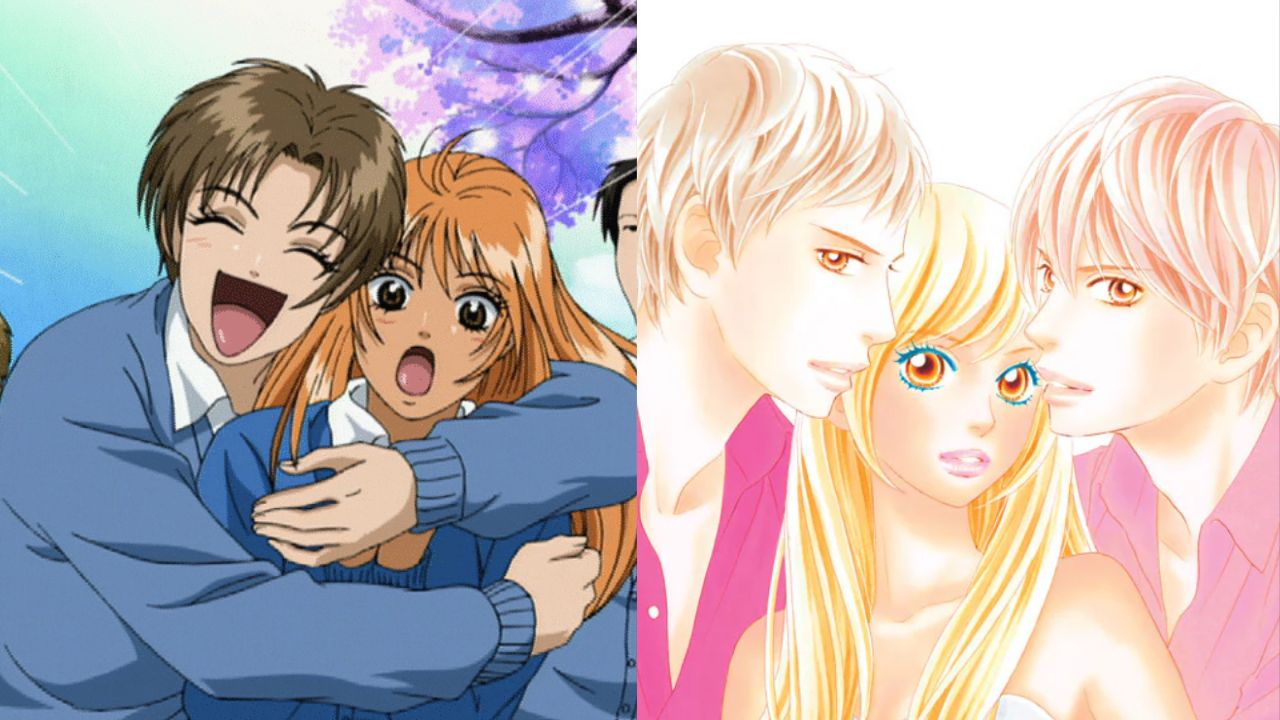
Peach Girl offers a raw and realistic portrayal of teenage struggles, capturing the harsh realities of bullying and self-esteem issues.
This authenticity in depicting the challenges faced by teens gives the series a depth that resonates with many viewers.
While it may not be everyone’s cup of tea, Peach Girl delivers a compelling story that is worth revisiting despite its intense drama.
10) Vampire Dormitory (2024)
Vampire Dormitory is an anime series that brings a fresh twist to the supernatural genre, following the story of Mito, a high school student who unexpectedly finds himself living among vampires in a peculiar dormitory.
Initially met with mixed reviews, Vampire Dormitory blends elements of comedy, slice-of-life, and supernatural themes.
The series introduces viewers to a colorful cast of characters, each with their own quirks and personalities, adding to the charm of the dormitory setting.
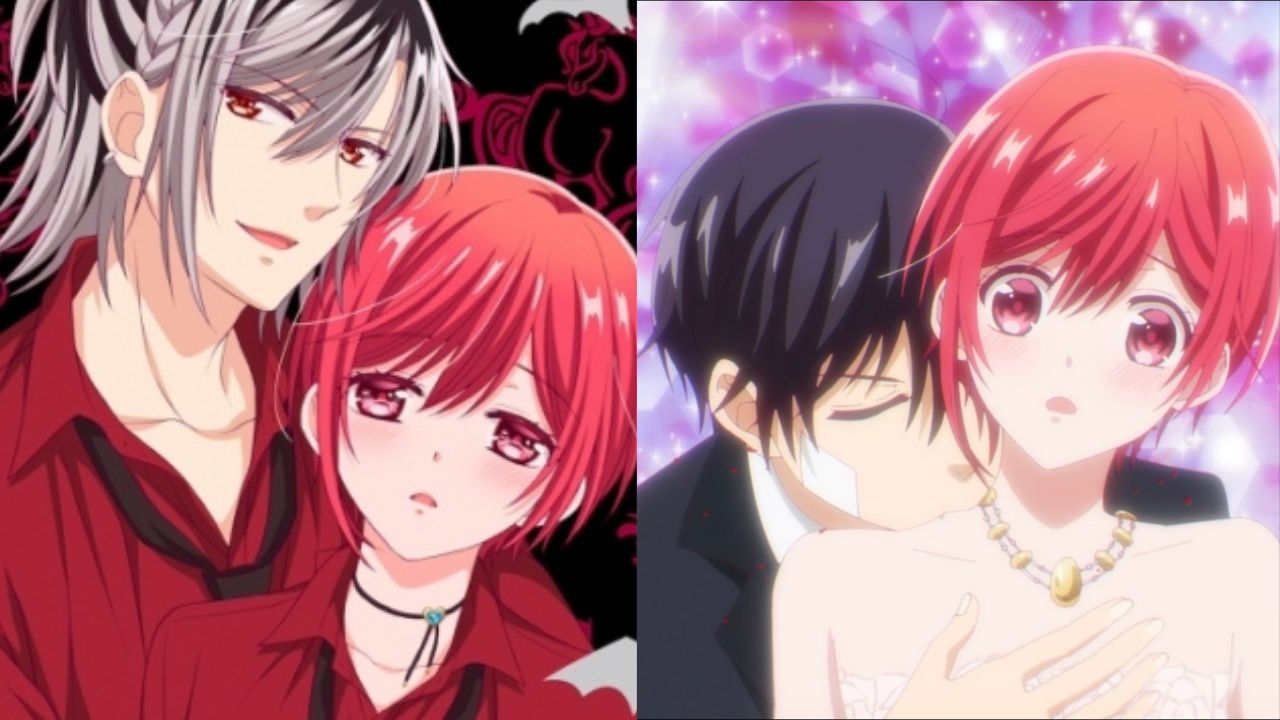
Despite some criticism for its pacing and predictable plot points, Vampire Dormitory has been praised for its light-hearted humor and the endearing interactions between its human and vampire residents.
The anime explores themes of friendship, acceptance, and adapting to new environments, making it a pleasant watch for fans of gentle, comedic stories set in unusual settings.
Vampire Dormitory may not break new ground in terms of storytelling, but its entertaining premise and likable characters offer an enjoyable escape into a world where vampires and humans coexist in unexpected harmony.
11) A Condition Called Love (2024)
A Condition Called Love initially promised to be a standout romance anime of 2024, generating excitement among shojo fans eager for its manga adaptation.
However, its release was met with harsh criticism primarily focused on the perceived unhealthy dynamics in Hotaru and Hananoi’s relationship.
Many viewers found Hananoi’s intense attachment troubling, labeling it as potentially stalker-like behavior, which overshadowed the series’ romantic themes.
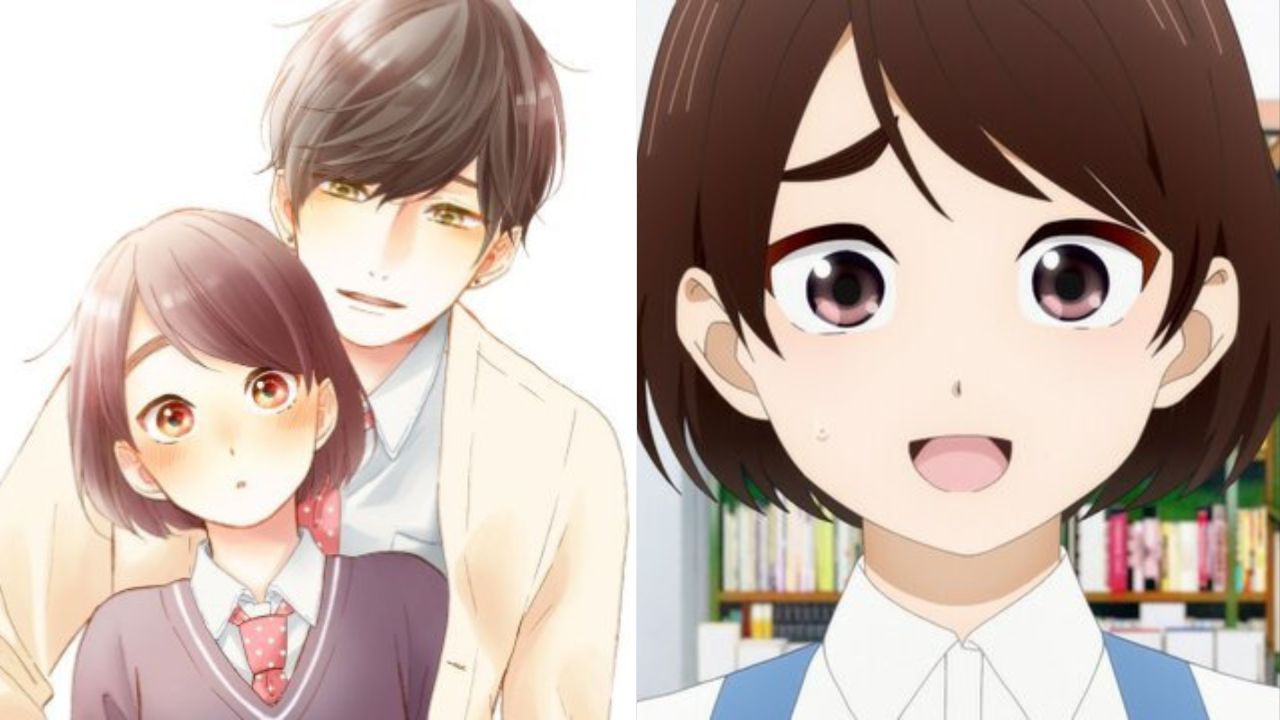
Despite these criticisms, the backlash against A Condition Called Love may exaggerate its faults. The anime’s pacing issues and the contentious portrayal of its central romance have sparked debate, but the depiction of naive young love remains a central theme.
While not universally praised, the series offers a realistic exploration of youthful relationships that some viewers may find relatable, suggesting it merits reconsideration beyond initial impressions.
12) Delusional Monthly Magazine (2024)
Delusional Monthly Magazine is a manga series known for its unconventional and imaginative storytelling within the world of fantasy and romance.
The story follows Yuki, a young writer who stumbles upon a mysterious old magazine that seems to predict future events related to her romantic life.
Initially, the series garnered attention for its creative premise and whimsical blend of supernatural elements with the everyday challenges of relationships.
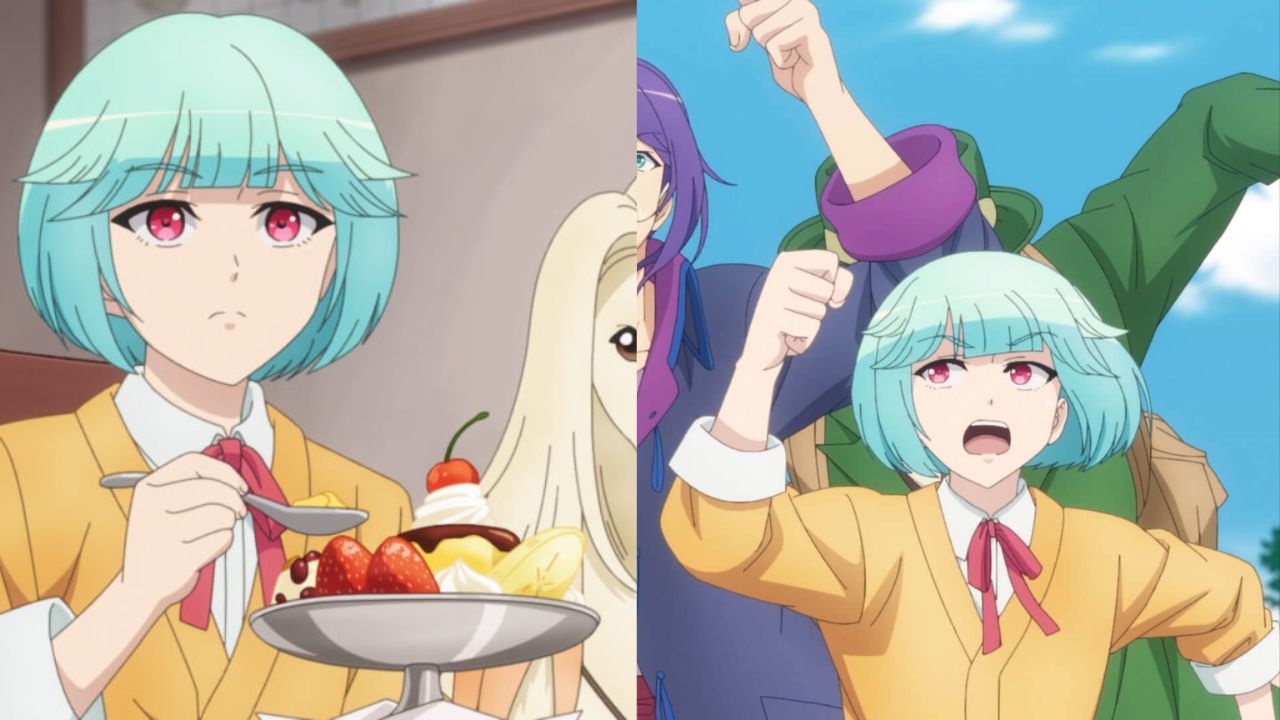
However, it also faced criticism for its occasionally erratic pacing and the complexity of its plot, which some readers found challenging to follow.
Despite these challenges, Delusional Monthly Magazine has gained a dedicated following for its unique approach to exploring themes of fate, love, and the power of imagination.
The manga’s ability to blend fantasy with poignant moments of introspection has resonated with readers looking for a story that challenges conventional storytelling norms.
Delusional Monthly Magazine may not appeal to every reader due to its intricacies, but its imaginative premise and heartfelt exploration of love and destiny make it a compelling read for fans of fantasy and romance manga.

